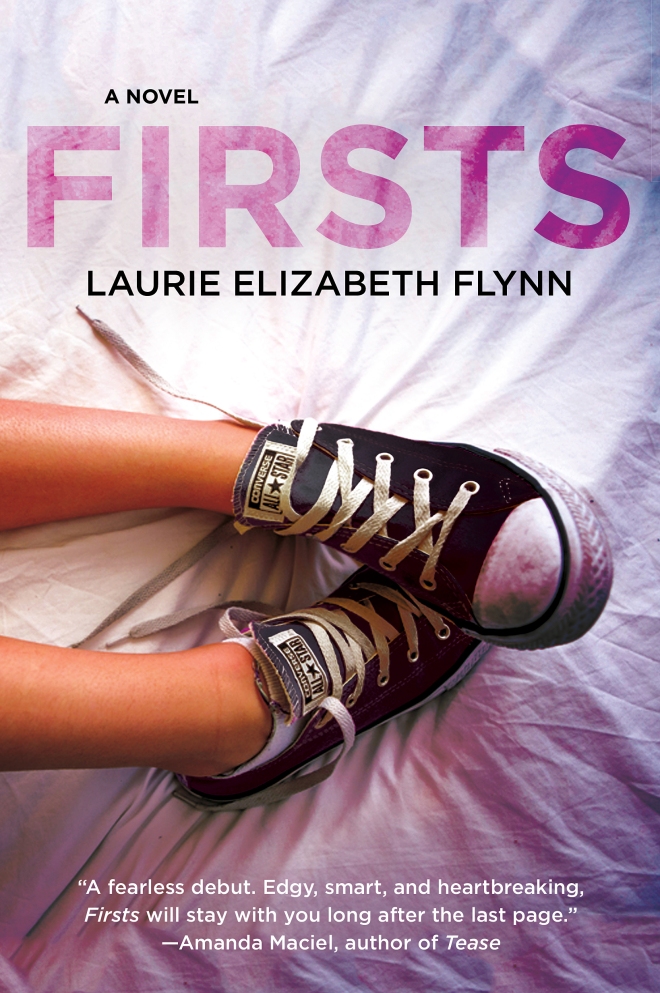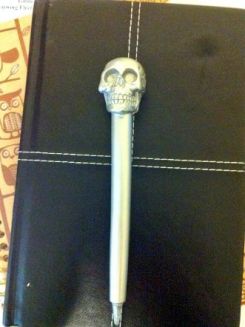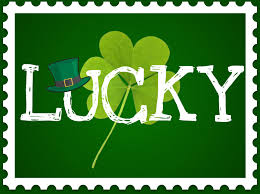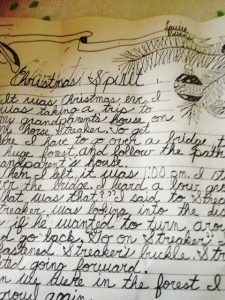When I was a brand-new writer getting ready to query my first book (a NA contemporary), I unknowingly committed a big writing sin: I didn’t think about my main character’s voice. If you had asked me, I probably wouldn’t have been able to tell you what voice even meant.
So I was surprised when I started getting feedback about it from agents. Requests saying they liked the voice and wanted to read more. Rejections stating they just didn’t connect with it.
I considered all the thought I had put into the story. The details I had put into the cast of characters. The outline I had made to keep track of scenes and plot points. I had put so much work into those parts of the book, yet the thing that seemed to stand out most to agents was something I hadn’t consciously worked on at all. I didn’t even know how to work on it, or how I made it happen in the first place. So those rejections that cited voice as the main reason for not connecting were especially frustrating.
When I started writing my second book, I did something I should have done a lot sooner.
I started reading widely, both NA and YA. And I realized the books I loved most, the ones that stuck with me long after I turned the last page, as different as they were, had one element that tied them together.
Voice.
I started to learn that there was really no right or wrong way to create voice. Voice comes from your main character, from his or her ways of seeing the world you put them in. Voice can be naive or sarcastic or downright mean. Voice can be lyrical or sparse or colorful or gray. The spectrum for voice is enormous, neverending. But a good voice, a memorable one, is always authentic and consistent. Because your main character is the lens through which your readers see the world you create. Your readers will literally get inside your character’s head.
After I realized this, I was both inspired and intimidated. I started to think about what I could do to pinpoint voice, and how I could use it to drive my book. By this time, I had an idea in my head for a character whose voice I knew would be polarizing and the hook for her story. I was ready to start writing what would become FIRSTS.
I knew that I couldn’t control whether people would like Mercedes, but I came to understand that liking her wasn’t the most important thing. What was more important was the experience I was creating, the character whose head readers would be occupying. Did she feel authentic? Was her voice consistent? Was she interesting enough to spend a whole book with?
Here are some things that I have taken away most from reading widely and writing from different perspectives. When I’m writing from a character’s point of view and start to get stuck, I refer to these points:
1) Your character doesn’t have to be necessarily relatable, or even nice. But she does have to feel real. A too-sweet and passive main character who doesn’t ever make mistakes isn’t any fun to read about. A snarky, jaded main character needs to give us at least something vulnerable to connect with, particularly if he or she is doing bad things. People in real life don’t exist as either strictly good or bad, and nor should your characters.
2) Experiment with your character’s voice. Write a few scenes from her perspective. Get to know her. Think about how she would see the world, how she would react to things. Think about the reasons why. This can be difficult, because it might not be how you see the world or how you would react to things. But unless you’re writing a memoir, your character isn’t you. For instance, a bully with something to hide might threaten someone and feel momentarily powerful. A popular girl might know her jock boyfriend is cheating on her but choose not to confront him. Your job is to make your character convincing enough that your reader wants to know more about why she sees things the way she does.
3) Think about your character’s secrets. His motivation. You don’t have to give this away up front. You can keep this from the reader, but let it color your story and build tension. Sometimes what is unsaid is even more effective than what is said. People’s pasts, the experiences they have gone through, have a huge impact on how they see things. So even if you don’t include all of your character’s backstory in your book, make sure you know it. This will let you know him that much better.
4) Keep your character’s voice consistent. If she’s sarcastic and cynical and whip-smart, don’t dumb her down. If she’s incredibly perceptive, don’t let things pass her by. If she’s an anti-hero, own it. Some of my favorite books have narrators who are anti-heroes, and I have stated on many occasions how much I love characters who aren’t traditionally likeable. Why do I love these characters so much? Not because I want to be best friends with them, but because the authors did a great job of keeping the voice consistent, and the characters felt complex and interesting as a result.
5) Pay close attention to dialogue, because it’s a big part of voice. Readers see and feel things unfold from your character’s perspective, but they also hear it from your character’s mouth. Make sure that when he speaks, it’s in a way that makes sense to the thoughts unfolding in his head. The way he interacts with people, his words and his gestures, are an extension of his thoughts.
6) If you’re writing in dual or multiple points of view, make sure each character’s voice is distinct and unique. If the voices are too similar, no matter how good your story is, it will become less compelling as a result. You want your readers to always know whose head they’re in at all times.
And the main thing I have taken away? Voice is one part of writing that’s subjective, which can be thrilling and frustrating. If all the other elements of a book make it speak, voice is what makes it sing.
I’d love to know… what techniques do you use to create a memorable voice?






